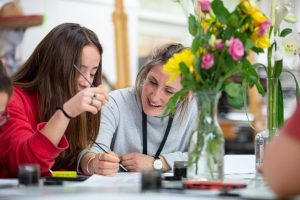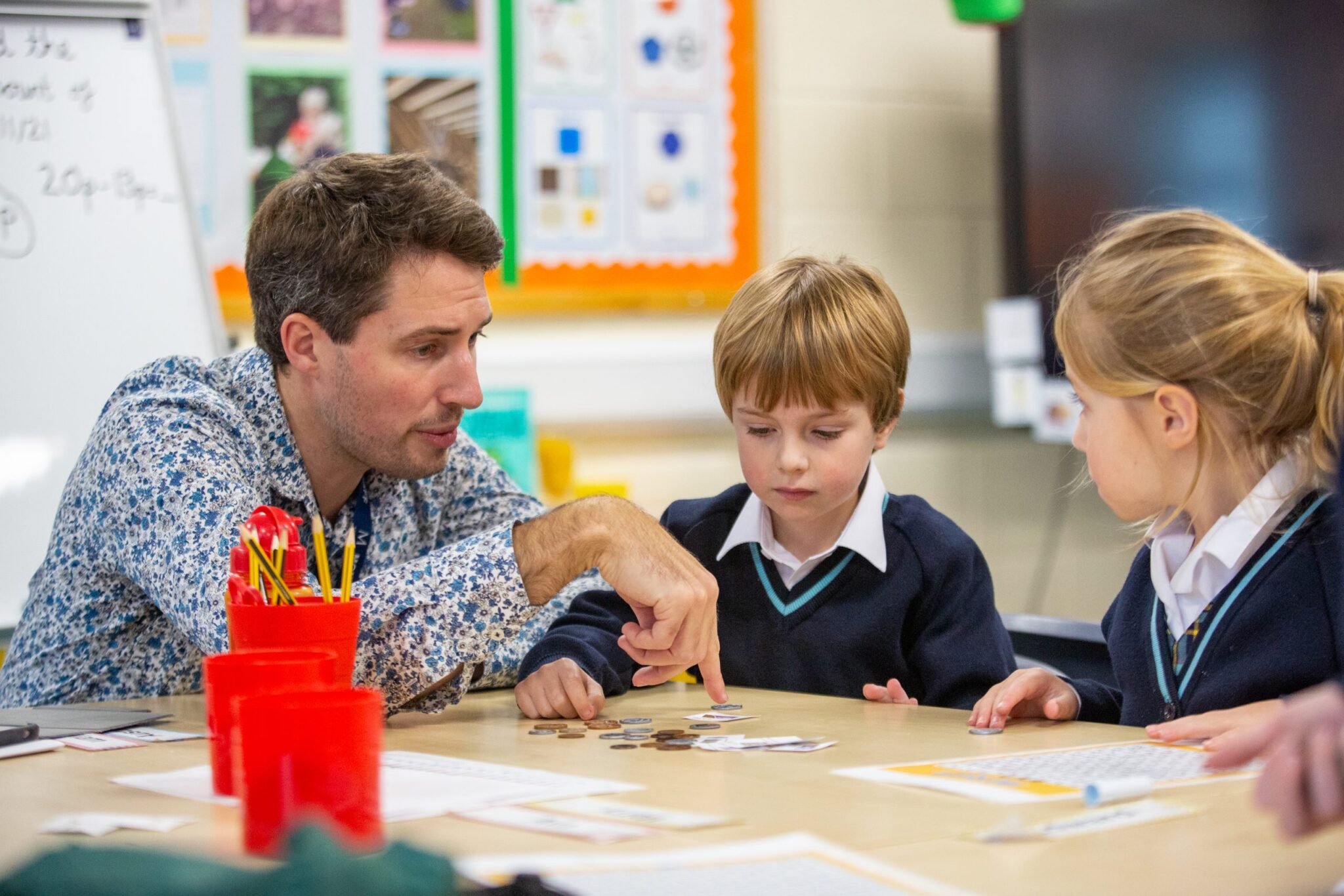As I enter my 13th year as a House Parent, the start of each year, solidifies the fact that building meaningful connections is my fundamental role. As someone hired exclusively to care for the pastoral needs of my students without any teaching duties, I act ‘in loco parentis’, taking on a similar role to that of a parent. We are responsible for their overall wellbeing, development and journey within the school. This starts by building relationships based on trust and understanding.
In the boarding department of my school, Attachment Theory is an ideology that our leadership team aligns closely with. It imparts to us the importance of treating each student individually and tailoring our care to meet their needs. Each student comes from a different family background, whether that is culturally, traditionally, or in terms of family dynamics. Children form bonds with their families in myriad ways, which then mould their upbringing and can influence how they form connections in the future. We need to be attuned to this so we can positively make a bond with them in the way they are familiar with. In addition, with the knowledge and experience gained over years, we can ensure that we are only building positive bonds striving for a secure attachment style with every student.
Becoming a boarder is an emotionally turbulent experience for many students. It may be their first time living abroad, away from family, sharing a room, becoming independent etc. Students will naturally look for attachment figures to trust and rely on when they are feeling vulnerable or uncertain. Therefore, it is important they make a connection with their house parent or other staff member. This undoubtedly helps them thrive academically, socially, and emotionally.
In our training, we often refer to the P.A.C.E model developed by Dr. Daniel Hughes. Playfulness, Acceptance, Curiosity, and Empathy are the traits of this model and provide a great way to guide our interactions when trying to connect with our students. By bringing a sense of playfulness into my interactions, I’ve found it helps students relax and feel more at ease. This can be as simple as incorporating games into house meetings to break the ice and make students feel like they are part of a warm, welcoming community. Playfulness helps dissolve the formalities and lets students know that it’s okay to be themselves.
Acceptance is also key. Adolescents are at a stage where they’re exploring their identity, pushing boundaries, and figuring out where they fit in the world. It’s crucial that as House Parents, we accept them for who they are without judgment. I’ve seen students open up to me in ways they might not to other adults simply because they knew they wouldn’t be reprimanded for their feelings or opinions. While teenagers may show some reluctance at first, it is important to persevere, continue interacting with openness, and gradually gain their confidence. It is like this that we are able to intervene early when there are issues and work together to create a plan. That simple act of being accepted helps them gain the confidence they needed to improve.
Curiosity involves taking a genuine interest in students’ lives. This goes beyond asking how their day was—it’s about delving deeper and showing that you care about their experiences, thoughts, and feelings. A simple, “Tell me more about how you’re feeling,” can open doors to meaningful conversations that build trust. Avoid asking generic questions like, “Did you have a good day at school?” Instead, be more specific: “What was the highlight of your day?”.
Finally, empathy is the cornerstone of any pastoral role. It’s essential to truly understand and share the feelings of our students, especially in a diverse international community where students may come from vastly different cultural backgrounds. I’ve had students from countries all over the world, each with unique traditions and values. Being empathetic to their challenges of adjusting to a new environment while balancing their academic and social lives is crucial. I always try to put myself in their shoes, remembering how disorienting it must feel to navigate this new world.
In conclusion, building connections with students is at the very heart of what we do as House Parents. It’s about creating a safe space where students can feel at home even when they are far away from it. By using models like attachment theory and P.A.C.E., we can foster these connections effectively, helping students not just survive but thrive in their boarding school experience. Every day is an opportunity to be a stable, supportive figure in a student’s life, and in return, we witness them grow into confident, capable individuals. There is no greater reward in this role than witnessing this growth.
Gordon Wilson
Senior House Parent Olympus, Collège du Léman



